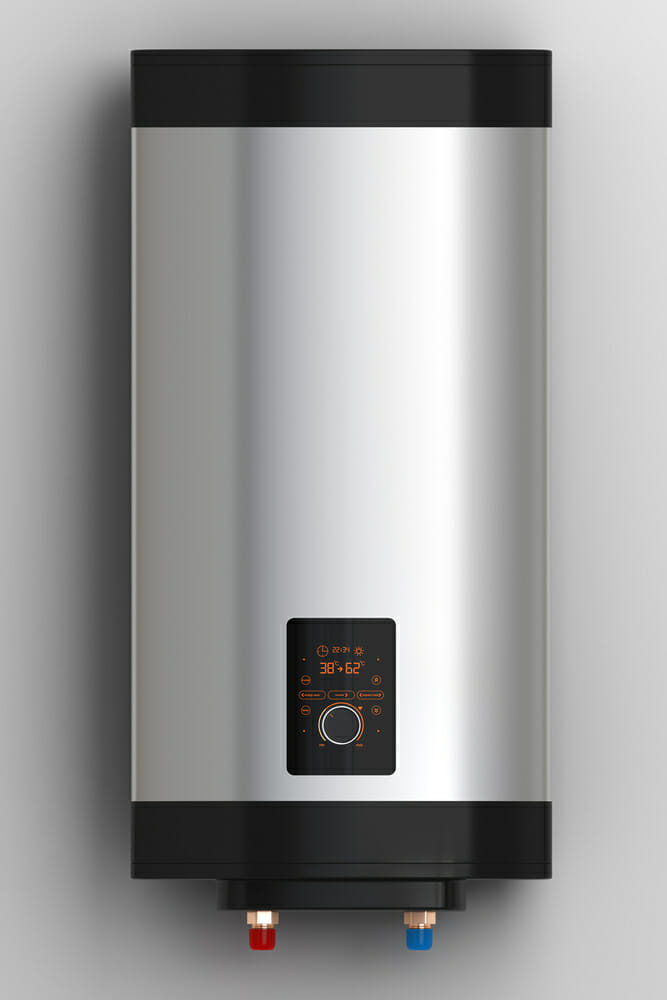Electric Boilers: Efficient, Eco-Friendly, and Energy-Saving Heating Solutions
Electric boilers are innovative heating systems that use electricity as their primary energy source to efficiently and cleanly produce heat. These compact and eco-friendly devices are increasingly popular in residential, commercial, and industrial settings due to their energy efficiency and environmental benefits. Electric boilers offer precise temperature control, quiet operation, and ease of installation, making them a versatile and sustainable choice for heating needs.
Advantages of Electric Boilers.

In a world increasingly focused on energy efficiency and sustainability, electric boilers have emerged as a promising technology for residential and commercial heating applications. These compact, efficient, and eco-friendly devices have gained popularity for their ability to provide reliable and consistent heating while minimizing environmental impact. In this article, we will explore electric boilers in-depth, delving into their working principles, advantages, applications, and environmental benefits. By the end, you'll have a comprehensive understanding of why electric boilers are becoming a preferred choice for many consumers and businesses.
The Basics of Electric Boilers
Electric boilers are heating systems that use electricity as their primary source of energy to produce heat. Unlike traditional boilers that burn fossil fuels like natural gas or oil, electric boilers convert electrical energy directly into heat. The core components of an electric boiler include heating elements, controls, and safety features. Let's take a closer look at how they work:
- Heating Elements: Electric boilers contain one or more heating elements, typically made of resistant materials like stainless steel. When electricity flows through these elements, they heat up, transferring their energy to the water or heat transfer fluid circulating within the boiler.
- Controls: Modern electric boilers are equipped with advanced control systems that maintain precise temperature levels. Users can set their desired temperature, and the boiler's thermostat ensures that the system operates efficiently and maintains a consistent heat output.
- Safety Features: Safety is a paramount concern in heating systems. Electric boilers are equipped with safety features such as overheat protection, pressure relief valves, and automatic shut-off systems to prevent accidents and equipment damage.
Importance of Electric Boiler
Electric boilers come in various types, each designed to cater to specific heating needs and applications. Here are some common types of electric boilers:
- Electric Combi Boilers: These boilers combine the functions of a water heater and a central heating boiler. They provide hot water for domestic use while also heating the central heating system. Electric combi boilers are compact and ideal for smaller homes or apartments with limited space.
- Electric System Boilers: System boilers work with a separate hot water cylinder to store hot water for use in taps and showers. They are suitable for larger homes with higher hot water demand.
- Electric Heat Only Boilers: Also known as regular or traditional boilers, heat-only electric boilers work in conjunction with a separate hot water cylinder and cold water storage tank. They are commonly used in properties with multiple bathrooms and higher hot water requirements.
- Electric Flow Boilers: These boilers are designed to provide hot water for both heating and domestic use. They heat water as it flows through the unit, eliminating the need for a separate hot water storage tank. Electric flow boilers are often used in smaller homes or apartments where space is limited.
- Electric Combi Storage Boilers: Combining the features of a combi boiler and a storage electric boiler, these units heat water on demand while also storing hot water for later use. They are suitable for properties with varying hot water demands.
- Electric Underfloor Heating Boilers: These boilers are specifically designed to work with underfloor heating systems. They provide consistent and efficient heat distribution across the entire floor, resulting in a comfortable living environment.
- Electric Radiant Boilers: Similar to underfloor heating boilers, radiant boilers are designed to work with radiant heating systems, including wall-mounted radiators or baseboard heaters.
- Electric Micro-CHP Boilers: Micro-Combined Heat and Power (CHP) boilers are highly efficient and generate both heat and electricity. They are suitable for larger properties and commercial applications where simultaneous heat and power generation is desired.
- Electric Industrial Boilers: These heavy-duty electric boilers are designed for industrial applications, including manufacturing, processing, and heating in large facilities. They can provide high volumes of hot water or steam for various industrial processes.
- Electric Mini Boilers: Compact and often portable, mini electric boilers are designed for small-scale applications, such as providing hot water for a single sink or for use in RVs and boats.

Advantages of Electric Boilers
Electric boilers offer a wide range of advantages that make them an attractive choice for heating needs in various settings:
- Energy Efficiency: Electric boilers are highly efficient, with almost 100% of the electricity they consume converted into heat. This efficiency can lead to significant energy savings compared to traditional fossil fuel boilers.
- Environmental Friendliness: Electric boilers produce zero emissions at the point of use, making them an eco-friendly heating option. As the electricity grid becomes cleaner and more renewable energy sources are integrated, the environmental benefits of electric boilers become even more pronounced.
- Compact Size: Electric boilers are often compact and can be installed in tight spaces, making them suitable for both residential and commercial applications where space is limited.
- Quiet Operation: Electric boilers are known for their quiet and vibration-free operation, contributing to a comfortable living or working environment.
- Ease of Installation: Installing an electric boiler is relatively straightforward, especially in comparison to the complex venting systems required for traditional boilers. This can result in cost savings during installation.
Applications of Electric Boilers
Electric boilers find applications in various sectors, including residential, commercial, and industrial settings:
- Residential Heating: Many homeowners opt for electric boilers for home heating due to their compact size and ease of installation. They are particularly popular in areas without access to natural gas.
- Commercial Buildings: Electric boilers are commonly used in commercial properties such as offices, schools, hotels, and hospitals. Their energy efficiency and quiet operation make them a preferred choice for maintaining comfortable indoor environments.
- Industrial Processes: In industries requiring precise temperature control, electric boilers play a crucial role. They are used in manufacturing processes, food production, and research facilities.
- Backup Heating: Electric boilers serve as reliable backup heating systems in areas where the primary heating source is intermittent or prone to outages. They can quickly provide heat when needed.

Environmental Benefits
Electric boilers contribute to environmental sustainability in several ways:
- Reduced Greenhouse Gas Emissions: Since electric boilers produce no direct emissions, their operation contributes to reducing greenhouse gas emissions, helping combat climate change.
- Integration with Renewable Energy: Electric boilers can easily integrate with renewable energy sources such as solar and wind power. Excess electricity from these sources can be used to heat water, enhancing the overall sustainability of the heating system.
- Improved Air Quality: Electric boilers help improve indoor and outdoor air quality by eliminating the release of pollutants associated with burning fossil fuels.
Electric boilers represent a modern and environmentally responsible solution for heating needs in residential, commercial, and industrial settings. Their energy efficiency, compact size, ease of installation, and environmental benefits make them an attractive option for those seeking efficient and eco-friendly heating systems. As the world continues to transition toward a sustainable future, electric boilers are poised to play an increasingly important role in reducing greenhouse gas emissions and promoting clean, renewable energy sources. Whether you're looking to upgrade your heating system at home or enhance the environmental footprint of your business, electric boilers offer a compelling solution that combines comfort, efficiency, and sustainability.



